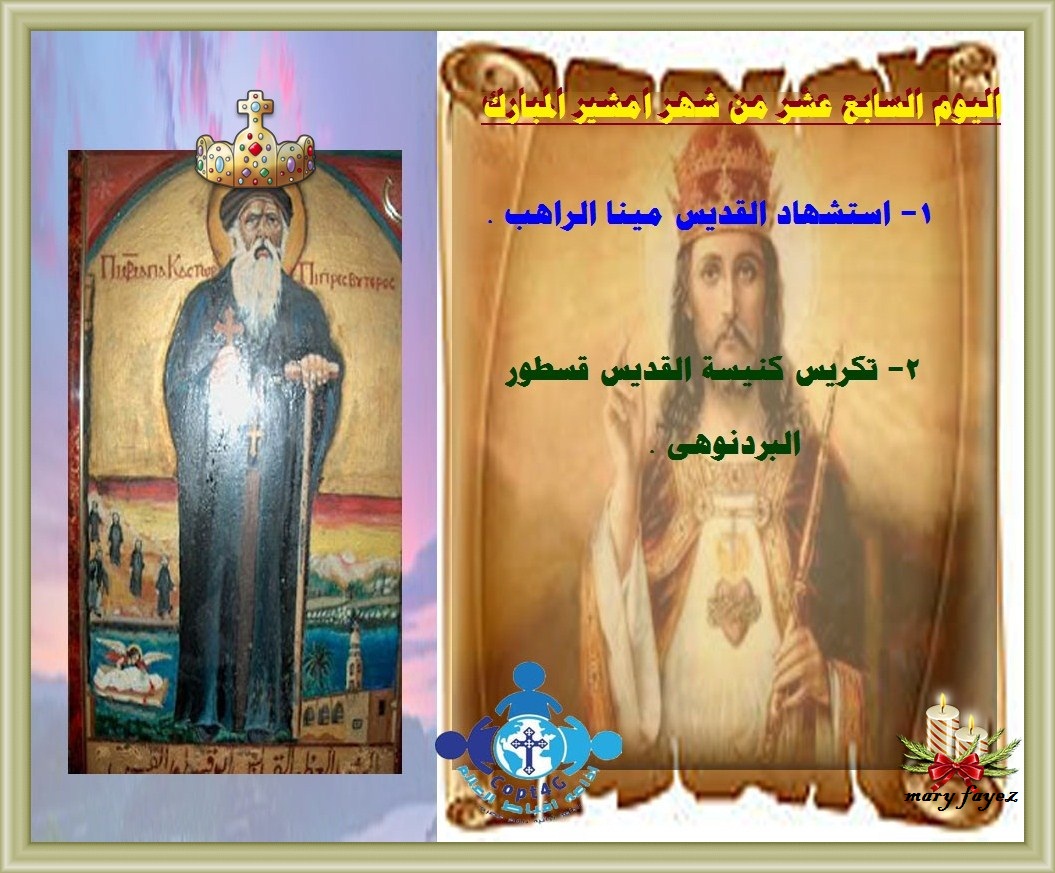It’s so important that all people are able to recognize themselves as God’s image. Icons and images of Mary, the mother of Jesus, with a dark or ebony hue are revered in many cultures around the world. For example, the Black Madonna as a model of maternal love, faithfulness, and hope is esteemed by people across Africa, the Americas, Asia, and Europe. Yet, as we explored a few weeks ago, the divine feminine—especially in darker form—generally has been suppressed by Western Christianity unless the image had already reached iconic form.
Perhaps it’s no surprise that women of African descent have faced so much oppression in the United States, both historically and to this day. For example, black women are paid 61 cents for every dollar paid to white men. [1] Last year at least twenty-six transgender people died due to violence (and at least eleven already in 2019), and the majority were black transwomen. [2] Yet even as white men continue to monopolize positions of religious leadership and theological authority, black women are reframing Christian traditions, practices, and Scripture in liberating and justice-oriented ways.
Womanists today build on a long lineage of courageous and wise prophets and mystics. This week I’ll introduce you to a handful of African American women mystics. They reveal Christ to us as they speak of their personal relationships with and experiences of the Divine and, as they stand in their truth, remain uncompromised by the systems that seek to silence them.
Thea Bowman (1937–1990) was a Franciscan Sister of Perpetual Adoration born in Mississippi. I am drawn to Sr. Thea since my own mother would listen to her talks, especially when she knew she was dying, and she found out that Thea listened to mine! I am sorry we never met. Her description of Black American spirituality provides helpful context for this week’s reflections:
[It] is rooted in our African heritage, with its ways of perceiving and valuing reality, its style of expression, its modes of prayer and contemplating the divine. It is colored by our Middle Passage, Slavery, our Island and Latin experience, segregation, integration, and our on-going struggle for liberation. [3]
For Sr. Thea, “God is present in everything. In the universe, in creation, in me and all that happens to me, in my brothers and sisters, in the church, and in the Eucharist—everywhere.” [4]
Like other mystics, Bowman found God everywhere, in all beings. She saw many images of God:
God is bread when you’re hungry, water when you’re thirsty, a harbor from the storm. God’s father to the fatherless, a mother to the motherless. God’s my sister, my brother, my leader, my guide, my teacher, my comforter, my friend. God’s the way-maker and burden-bearer, a heart-fixer and a mind-regulator. God’s my doctor who never lost a patient, my lawyer who never lost a case, my captain who never lost a battle. God’s my all in all, my everything.
God’s my rock, my sword, my shield, my lily of the valley, my pearl of great price. God’s a god of peace and a god of war. Counselor, Emmanuel, Redeemer, Savior, Prince of Peace, Son of God, Mary’s little baby, wonderful Word of God.




